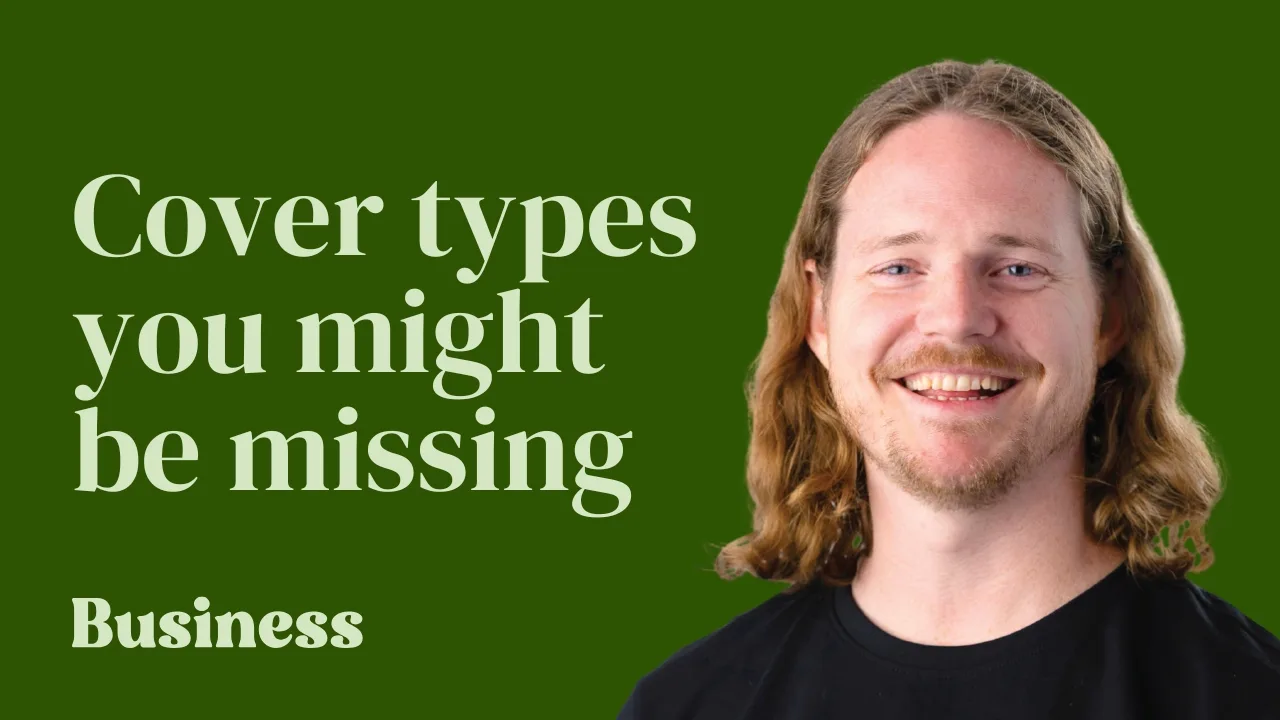Today, Insurance Australia Group (ASX: IAG) shareholders awoke to the news their dividend share would not pay a final fully franked dividend, for a myriad of reasons.
Rask Media’s Jaz Harrison covered IAG’s 2020 financial year update this morning, in this great article:
FY20 preview: IAG (ASX:IAG) cancels dividend
In short, you need to know two things:
- IAG typically pays between 60% and 80% of its yearly profit back to shareholders as fully franked dividends.
- IAG paid shareholders a half-year dividend of 10 cents per share earlier this year. With around 2.31 billion shares on issue, that means dividends worth around $231 million had already been paid.
Now, following a bunch of unusual and pretty hefty costs, the company expects to report a cash profit of around $279 million. So given it’s already paid the half-year dividend, IAG elected not to pay a final dividend.
IAG has followed ANZ Banking Group (ASX: ANZ) and Westpac Banking Corp (ASX: WBC) in letting down their faithful dividend-focused shareholders.
Your IAG share dividend alternative
In this low-interest rate environment, dividend income is more tempting than I’ve ever known.
However, now more than ever income-seeking investors should not be focused on the usual suspects — that is, the most popular dividend shares of yesterday. Complacency with investment research is being punished in 2020.
I think IAG investors have three choices:
- Keep holding yesterday’s blue-chip dividend payers (not my preferred strategy)
- Be prepared to sacrifice some short-term income and buy high-quality growth stocks that are resilient to COVID or actually growing faster than ever… there are quite a few of these on the ASX…
- Use low-cost and diversified ETFs for income. These can be bought or sold like a normal share but they, typically, invest in a full basket of different shares. This reduces the risk of holding just one asset (e.g. IAG shares) and relying solely on it to produce a tax-effective income stream from one year to the next.
Our premium Rask ETF service identifies our 9 best ETF ideas on the ASX. But if I was starting out on my ETF journey, I’d first take advantage of these free resources:
- Use the full list of ETFs to put your favourite ETFs on your watchlist
- Read this recent article: WTF is an ETF
- Take our free ETF course – it’s hugely popular for a reason
- Start with something simple, such as the Vanguard Australian Shares ETF (ASX: VAS) or the BetaShares Australia 200 ETF (ASX: A200)








